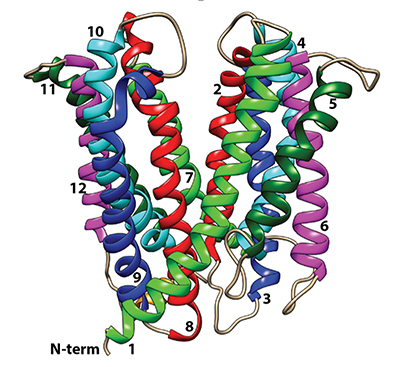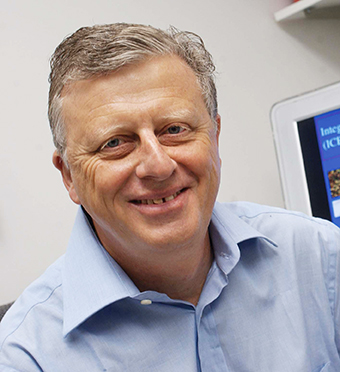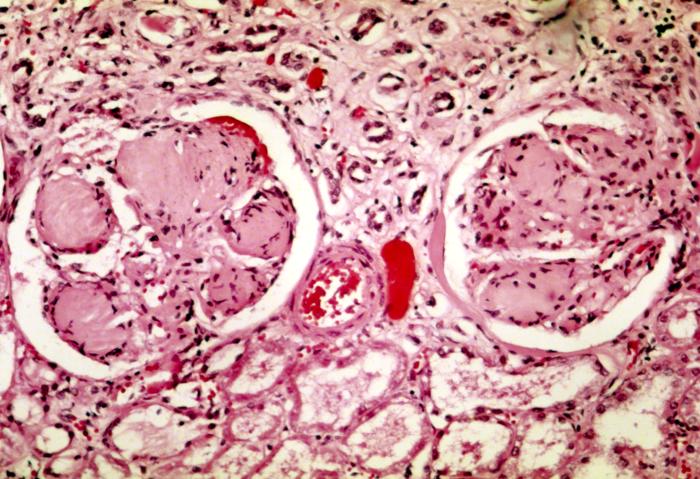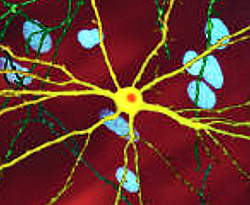Guest
-

Importance of Model Selection in Systems Biology
The rapidly growing field of systems biology attempts to develop mathematical models that both describe and predict complex cellular behavior. Our increasing sophistication in computational statistical approaches has rendered almost routine the process of developing models that “fit” a dataset extremely well. However, most such models fail to predict… Read MoreJul. 2, 2018
-

Multidrug Resistance Transporter Dynamics
Multidrug Resistance Transporter Dynamics Multidrug resistance promotes cell survival in the presence of toxic compounds such as many antibacterial or cancer chemotherapeutic agents. Often, multidrug resistance results from expression of transport proteins that eject the toxicant from the cell in exchange for Na+ or H+ ions. Researchers believe that… Read MoreJun. 27, 2018
-

New BRET course offers introduction to data science
Biomedical science trainees at Vanderbilt have a new career exploration option starting this fall — they can get a taste of what it means to be a “data scientist.” The Biomedical Research Education and Training (BRET) Office of Career Development’s ASPIRE Programreceived a Burroughs Wellcome Fund (BWF) grant to support a… Read MoreJun. 21, 2018
-

Confronting TB resistance
Tuberculosis, caused by Mycobacterium tuberculosis, is a highly infectious lung disease in humans.Unfortunately, resistance to anti-tubercular medicines such as fourth-generation fluoroquinolones is on the rise. In most cases, fluoroquinolone resistance is caused by mutations in a bacterial enzyme called gyrase. Compounds called M. tuberculosis gyrase inhibitors (MGIs) display activity against tuberculosis in cellular… Read MoreJun. 14, 2018
-

$8.1M grant funds new center to research highly aggressive form of lung cancer
Vanderbilt University has been awarded a five-year, $8.1-million grant from the National Cancer Institute to serve as a research center in the institute’s prestigious Cancer Systems Biology Consortium. Directed by Dr. Vito Quaranta, professor of biochemistry and pharmacology in the Vanderbilt University School of Medicine, the new center will focus on advancing the… Read MoreJun. 11, 2018
-

Albumin Degradation in the Diabetic Kidney
Albumin Degradation in the Diabetic Kidney A major long-term complication of diabetes is kidney damage that leads to diabetic nephropathy (DN), a condition associated with considerable morbidity and mortality among diabetic patients. An early sign of DN is the appearance of protein, primarily albumin, in the urine. Indeed, clinicians… Read MoreMay. 29, 2018
-

Targeting Mood Disorders in Alcohol Withdrawal
Targeting Mood Disorders in Alcohol Withdrawal Mood disorders such as anxiety and depression are strongly associated with alcohol use disorder and can be exacerbated during alcohol withdrawal. In fact, the increase in anxiety and depression associated with withdrawal contributes to the likelihood of relapse and return to alcohol abuse. Read MoreMay. 29, 2018
-

Faculty receive Excellence in Teaching and Outstanding Contributions to Research Awards
Each year the School of Medicine honors faculty members for Excellence in Teaching and Outstanding Contributions to Research. This year’s presentations included Owen McGuinness, Professor, Department of Molecular Physiology and Biophysics; Hassane Mchaourab, Professor, Departments of Molecular Physiology and Biophysics, and Chemistry; David Wasserman, Professor of Molecular Physiology & Biophysics; and Roger Colbran, Professor, Department of Molecular Physiology and Biophysics. Read MoreMay. 24, 2018
-

Chloe Snider honored for stellar scientific research
Two Vanderbilt students were honored for their stellar scientific research during the Vanderbilt-Ingram Cancer Center (VICC) Annual Scientific Retreat held May 3 at the Vanderbilt University Student Life Center. The VICC Graduate Student of the Year award was granted to Chloe Snider (Gould Lab) who presented work on the regulation… Read MoreMay. 11, 2018
-

Unraveling genetic mystery next step in Zika and dengue fight
A Vanderbilt team took the next leap forward in using a little-known bacteria to stop the spread of deadly mosquito-borne viruses such as Zika and dengue. Wolbachia are bacteria that occur widely in insects and, once they do, inhibit certain pathogenic viruses the insects carry. The problem with using Wolbachia broadly to protect… Read MoreMay. 8, 2018